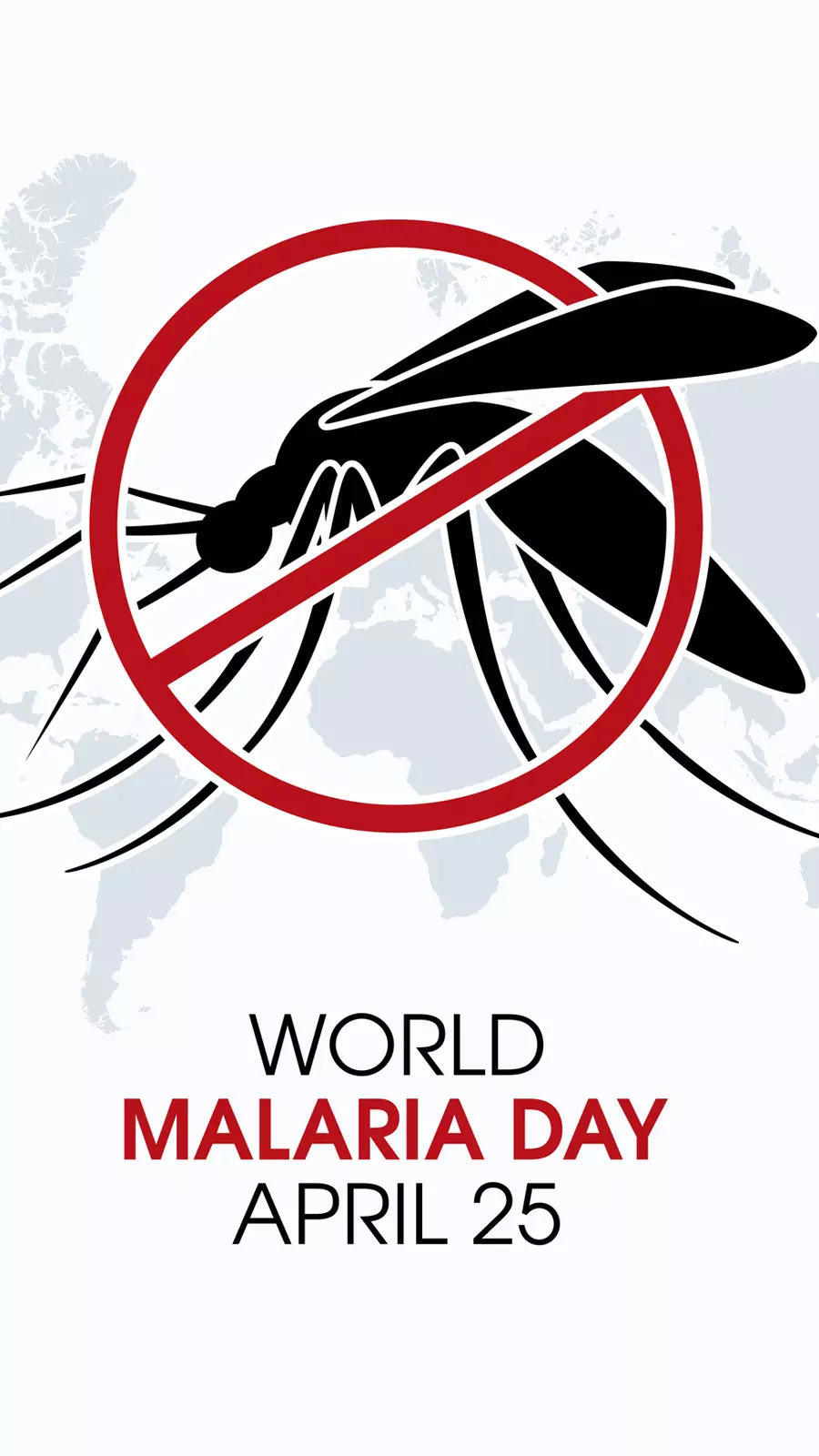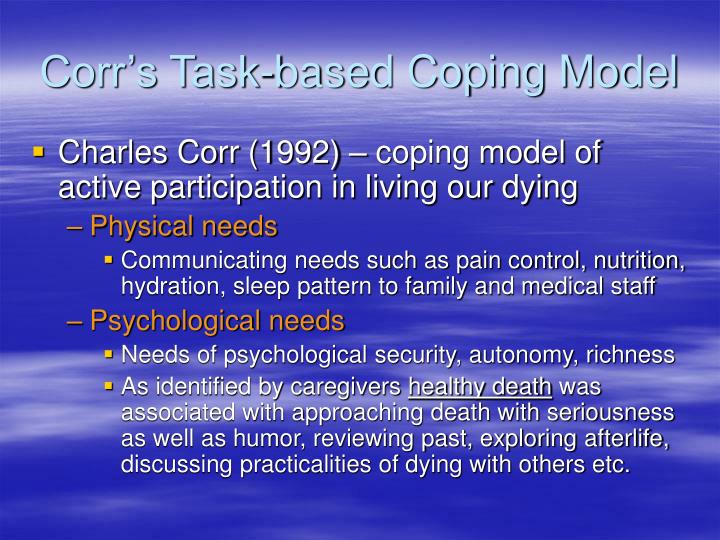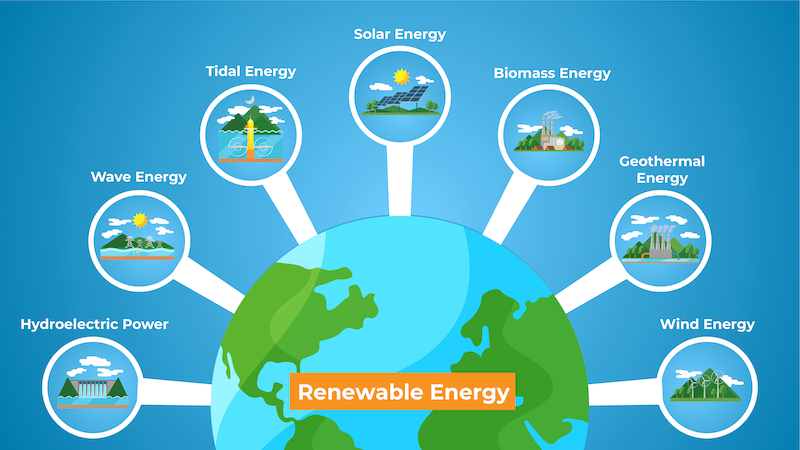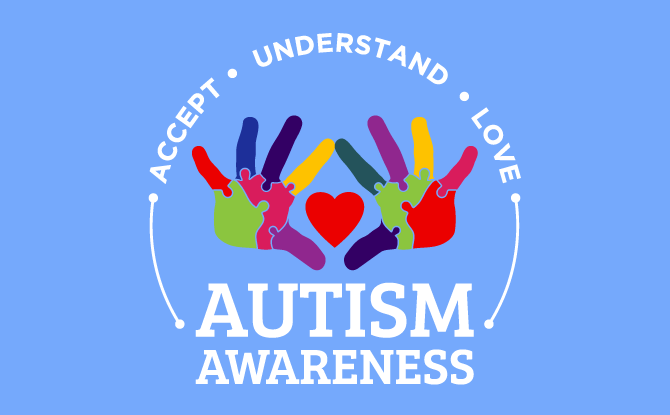


A growing amount of research suggests that practicing meditation may help individuals become more aware of their implicit biases and act with more compassion. Studies have found that just 10 minutes of mindfulness meditation can reduce the automatic activation of negative associations when exposed to different races. This has implications for promoting equity and reducing discrimination in areas such as policing, healthcare, and the workplace. Psychologist Adam Lueke's research specifically focuses on the effects of mindfulness meditation on reducing implicit bias for race and age.
Meditation: A Path to Reducing Implicit Bias
Introduction
Implicit biases are unconscious attitudes, beliefs, and judgments that can influence our thoughts, feelings, and behaviors. These biases can perpetuate discrimination and inequality in various aspects of life, such as policing, healthcare, and the workplace.
Recent research has shed light on the potential of meditation to reduce implicit bias and promote compassion. This article explores the background and evidence supporting this topic, providing insights into how meditation can help create a more equitable and inclusive society.
Background
Implicit biases are formed through subconscious associations developed from our experiences and cultural conditioning. These biases can operate outside of our conscious awareness, influencing our judgments and behaviors even when we believe we are objective.
Traditionally, interventions aimed at reducing implicit bias have focused on education and training. However, these approaches have shown limited effectiveness in changing behavior. Meditation, on the other hand, offers a different approach by targeting the underlying mechanisms that perpetuate implicit bias.
Evidence
Numerous studies have demonstrated the benefits of meditation in reducing implicit bias. For instance:
Mechanism of Action
Meditation works by training the mind to become more aware, present, and non-judgmental. It involves focusing on the breath, body sensations, or thoughts without reacting or attaching to them.
Through regular practice, meditation strengthens the prefrontal cortex, a brain region responsible for executive function and self-regulation. This enhanced cognitive control allows us to observe our thoughts and biases more objectively, making it less likely that they will automatically influence our actions.
Top 5 FAQs
1. How much meditation is required to reduce implicit bias?
Research suggests that even short periods of meditation can have an impact. Studies have shown that just 10 minutes of mindfulness meditation per day can reduce the activation of negative associations associated with different races.
2. What type of meditation is most effective for reducing implicit bias?
Mindfulness meditation, which involves paying attention to the present moment without judgment, has been found to be particularly effective in reducing implicit bias.
3. Can meditation permanently eliminate implicit bias?
While meditation cannot fully eliminate implicit bias, it can significantly reduce its influence on our thoughts and behaviors. Regular practice can help develop lasting changes in the brain and promote a more compassionate and bias-free mindset.
4. Are there any risks associated with meditation?
Meditation is generally considered safe for most people. However, it's important to approach it gradually and be patient with the process. Some individuals may experience discomfort or challenges during meditation, especially if they have certain mental health conditions. It's always advisable to consult with a qualified meditation teacher or therapist if you have any concerns.
5. Can meditation benefit people of all ages and backgrounds?
Yes, meditation is suitable for people of all ages, ethnicities, and backgrounds. Research has shown that meditation can reduce implicit bias across diverse populations, including individuals with varying levels of education, socioeconomic status, and racial identities.
Conclusion
Meditation offers a promising approach to reducing implicit bias and promoting compassion. By strengthening our capacity for self-awareness, non-judgmental observation, and emotional regulation, meditation empowers us to challenge our unconscious biases and create a more equitable and inclusive world for all.

With World Malaria Day approaching, it is important to understand the severity of this disease and the steps one can take for a speedy recovery. This year's theme, "Malaria Ends With Us: Reinvest, Reimagine, Reignite," aims to re-energize efforts towards eliminating malaria. From getting enough rest to staying hydrated and following proper nutrition, these tips can help in the treatment of malaria. Adhering to prescribed medication and seeking follow-ups with healthcare providers are also crucial for a full recovery.

A diverse group of individuals, including a genius with the world's highest IQ, a psychic with a museum in Tel Aviv, a skeptic Italian physicist, a researcher of the transition between life and death, and a biologist and writer, share their unique perspectives on the enduring mystery of what happens after we die. While some believe in an afterlife and the possibility of reuniting with loved ones in a different dimension, others dismiss such notions as fear-driven or scientifically implausible. Despite the conflicting viewpoints, the curiosity and debate surrounding this timeless topic continue.

As the world celebrates Earth Day, environmentalists are emphasising the need to shift towards renewable energy, particularly solar energy, to combat the ongoing climate crisis. With the theme 'Our Power, Our Planet', the focus is on raising awareness about the adoption of natural resources. Renewable energy is crucial for safeguarding natural resources and local communities, and experts are calling for the rapid transition to clean, sustainable sources like solar and biomass. The state of Telangana has abundant sunlight making solar energy a viable option, and it is essential for the government to introduce innovative initiatives to promote its adoption across all sectors. By embracing renewable energy, we can contribute to a greener tomorrow for our planet.

Professor Ning Zeng of the University of Maryland came up with the idea of burying dead trees instead of burning them to prevent carbon emissions into the atmosphere. Inspired by the durability of ancient wood found in archaeology, Zeng enlisted the help of a farmer in Maryland to bury 100 tons of unused and damaged trees on his property. However, Zeng faces a roadblock from government permits as burying wood is classified as a landfill and requires time-consuming approvals.

Researchers from the University of Helsinki and the Finnish Geospatial Institute have set up a long-term experiment using laser scanning technology to track the growth and phenology of individual trees. The study, the first of its kind, found that species richness, competitive pressure for light, and water availability all play a role in the timing of spring leaf burst and fall leaf senescence. This experiment provides a better understanding of how local factors impact tree growth and phenology, and the results have been published as open data for further research.

At the Beijing International Youth Innovation and Development Forum, experts emphasized the crucial role of young talent in shaping the future of innovation, particularly in rapidly evolving global scientific frontiers. They stressed on the need to trust, guide, and support young innovators in order to strengthen their skills, with Beijing itself fostering an inclusive talent ecosystem. The importance of cross-disciplinary collaboration in addressing global challenges such as climate change and energy security was also highlighted, with emerging technologies like quantum computing and renewable energy being crucial catalysts for progress in this regard.

World Liver Day, observed on April 19, was established in 2010 to raise global awareness about liver health and diseases. With the liver being the second largest organ and playing a crucial role in various bodily functions, the day brings attention to preventive measures and early screening. Additionally, it advocates for eliminating stigma and improving access to treatment for those affected by liver conditions.

On World Health Day, Dr. Swaramya Chandrasekaran, a gynaecologist at Rela Hospital Chennai, reflects on the progress and challenges in maternal and newborn health in India. She highlights the country's commendable decline in neonatal deaths and the success of flagship schemes such as Janani Suraksha Yojana and Janani Shishu Suraksha Karyakram. However, she also acknowledges the need for consistent quality of care, especially in rural areas, and calls for strengthening community awareness, upgrading infrastructure, and supporting maternal mental health. The adoption of global frameworks and the commitment to no mother or child being left behind further emphasize India's efforts towards a resilient future.

Recent events have sparked conversations among leading geophysicists about the risk of earthquakes in Vietnam, despite the country not being situated on major tectonic belts. Although the likelihood of catastrophic earthquakes is low, Vietnam still faces the potential for significant seismic activity, particularly in the northwest region. With the presence of multiple geological fault lines, some capable of producing earthquakes with magnitudes up to seven, experts urge for seismic hazard assessments and preparedness measures to mitigate potential damage.

On April 2, the world recognizes World Autism Awareness Day, bringing attention to the challenges faced by individuals with autism. The term "autism" was first introduced in 1911 and has been further defined and understood since then. As a wide range of developmental disorders, each diagnosis is unique, making it important to understand and support those on the spectrum. This day aims to raise awareness and promote understanding and support for individuals and their families.